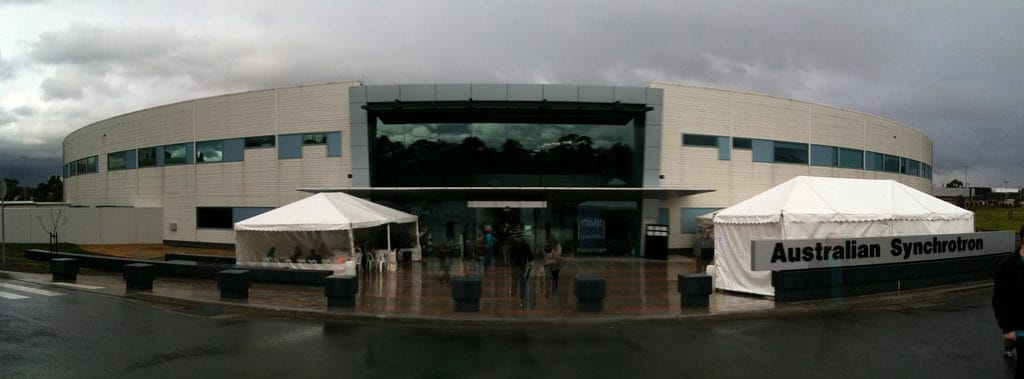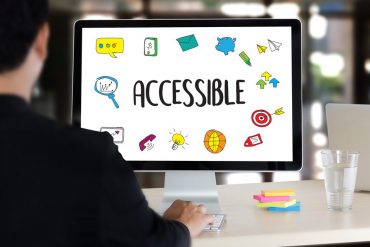There is seemingly endless enthusiasm and hype in the educational technology world. Hack Education by Audrey Watters is one of my favourite blogs because the author provides context and history to temper hype with realism. We often hear about how AI, automated marking, fully online courses which can be run by admins instead of academics, or any other number of new whiz bang tools will ‘revolutionise’ or ‘disrupt’ education.
Looking back over the years of Horizon reports, we can see that a great many of these predictions have not come to pass. Watters is often invited to speak at various conferences and universities around the world for her insightful perspectives combining history, the non-neutral funding for VC-style EdTech startups, and most of all her devotion to figuring out the stories we tell ourselves about education and technology, which often come from the voices of the technologists.
The marketing teams and hubris of technologists ‘solving’ education with the same set of tools they used to ‘solve’ online shopping gives one pause when considering the narratives they are weaving.
A recent article of hers titled Teaching Machines, or How the Automation of Education Became ‘Personalized Learning’ cleverly elucidates the threads of ideology supporting these approaches. If we take the approach of BF Skinner and mix in some Silicon Valley style libertarian ideology, and then execute those well-worn ideas using computers, we appear to have ‘revolutionised’ education. Or at least we’ve been told a story that they are triumphantly disrupting old educational models. The marketing teams and hubris of technologists ‘solving’ education with the same set of tools they used to ‘solve’ online shopping gives one pause when considering the narratives they are weaving.
Perhaps we’ve made updates to our methodology, but putting a pin on an actual novel idea that has come out of educational technology is a difficult task. Looking back at the great minds who have instigated monumental shifts in our approach to education such as Dewey, Montessori, Skinner, Bloom, Piaget, and many others in a broad survey of big ideas, we can usually find more parallels than disruption when considering the technology that is being called innovative.
Certainly it is more convenient to stream a lecture recording through Arc in Canvas than it was to check out VHS tapes from the library in the 1980s or listen to audio recordings matched with paper copies of lecture slides. Gaining access to the Big Data of who is clicking on what, and answering questions such the best time of day to set assignment submission deadlines, is a valid and useful iteration of the same thinking which led to giving students exams and running item analysis statistics of student input to tell us about both the students and our own practices.
…we need to think about education first and then consider what technological tools we can use or discard for our primary goal of educating students
Reading Watters and looking back at Pressey’s Automatic Teaching Machine from 1922, which was essentially an analogue version of modern quiz engines, helps to give me a broader view and adds a much-needed critical educational perspective to educational technology. I’m far more likley to recommend Hack Education than the typical listical of ‘5 ways to improve your elearning content’ because I think we need to think about education first and then consider what technological tools we can use or discard for our primary goal of educating students.
Let us know what your favourite education or educational technology blogs are (aside from this one of course!).
(The pigeon motif is everywhere on Hack Education. Audrey Watters loves pigeons because of BF Skinner’s experiments.)





